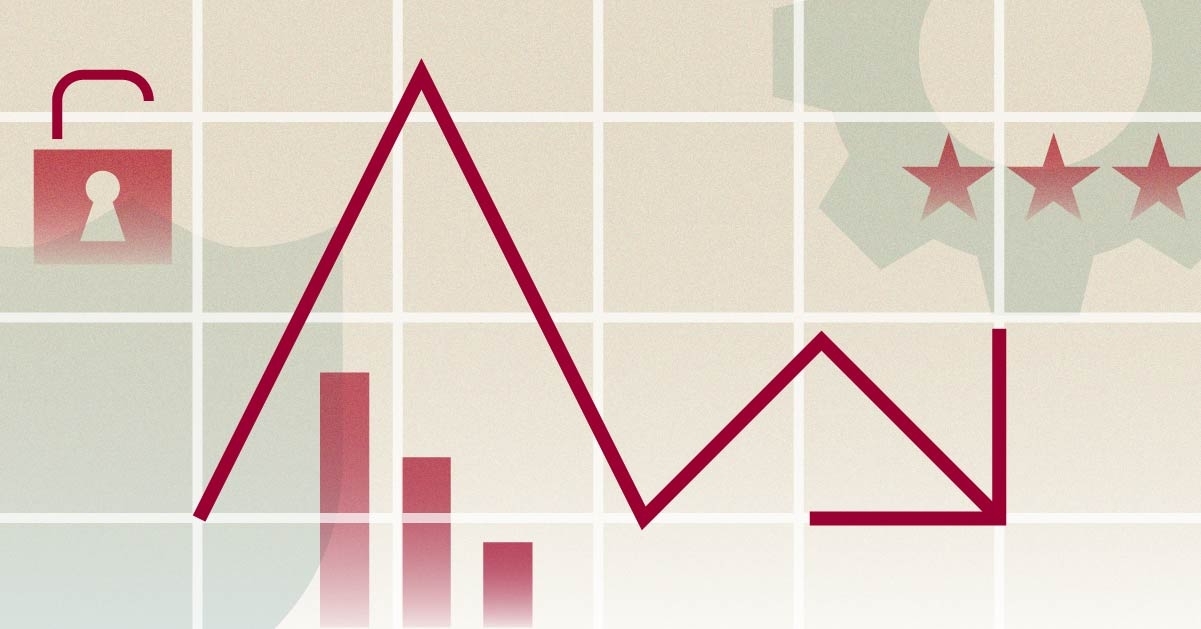Video Transcript:
Alanna Petroff: Today we're going to be talking about the pros and cons of ISAs versus pensions and I'm joined now by Mike Morrison from AJ Bell. He is an expert on pensions and retirement planning.
Thanks for coming in.
Mike Morrison: Thanks Alanna.
Petroff: So now let’s go over ISAs versus pensions. Let’s talk about the pros and cons of ISAs, and then the pros and cons of pensions.
Morrison: ISAs, the key thing about ISAs is simplicity, I guess. People know the limits, how much they can put in. The tax treatment to ISAs … they get tax free growth and you can take out the income tax free. And really that makes it accessibility. That means accessibility.
Pensions however, you can put up to £50,000 a year in, you can get tax relief at your highest rate paid…
Petroff: So you get money back from the government essentially.
Morrison: Whilst it lasts, always worth just checking and making sure. You can take up to 25% of your fund as a tax-free lump sum, however the downside is you can’t take it out until you’re 55. So the key thing there is lack of accessibility. You do need to put that money away knowing you can’t take it back out for a few years.
Petroff: So the equation could be: ISAs equal accessibility, pensions maybe not so accessible.
Morrison: Exactly, yes.
Petroff: Okay. But you do get potentially a better deal in terms of the tax that you get back from the government with pensions.
Morrison: I think so. Pensions are regarded as good by the government. Therefore they give you some incentive to actually do it.
Petroff: And if you’re working with your employer who is giving you possibly a top-up in your pension, that's an extra bonus as well.
Morrison: Very much. So many people don't take their employer contribution, and in effect, they are giving away a pay rise.
Petroff: So if we were to look at ISAs versus pensions and someone were only contributing to their pension, what kind of person would that be? What kind of fictional character should maybe only be contributing to their ISA?
Morrison: I think it very much comes down to an age thing. If you get people into the habit of saving, perhaps people in their 20s or 30s, just left university, just got their first job, lots of potential financial hurdles in the future, perhaps an ISA is the right way to start because they can put money away but it’s there to be used if that eventuality happens.
Petroff: Then what about a person that might be only contributing to a pension or should only be contributing to a pension?
Morrison: I think the combination of the two is good, but more and more, pensions come into their own for people perhaps after their mid-40s.
I think we’ve got to look forward to retirement. These days we are all going to live longer. We are living into our 80s or 90s, retirement could be 30 years. So you need to try and perhaps identify the level of income that you will need to live on for that 30 years and fund your pension accordingly. Take as much from the State as you can, take that tax relief, take those opportunities.
Petroff: So generally with looking at pensions versus ISAs, ISAs versus pensions, it's good to be contributing to both, but as you go through the years, maybe those contribution amounts could change?
Morrison: Very much. I like the idea of people starting off with ISAs and gradually moving more and more into pensions. Locking more in, but possibly keeping still a fund ready for a rainy day, or that unexpected eventuality.
Petroff: Okay. Thank you very much for speaking with me.
That was Mike Morrison from AJ Bell and I'm Alanna Petroff. Thanks for joining us on Morningstar.
This vieo is part of the special series, Investing with ISAs.




























